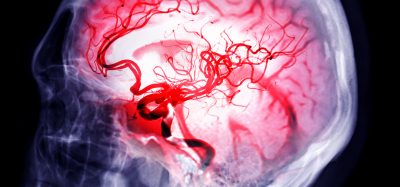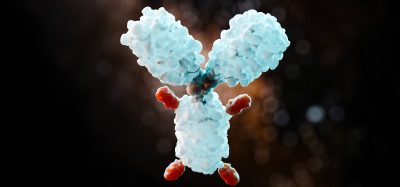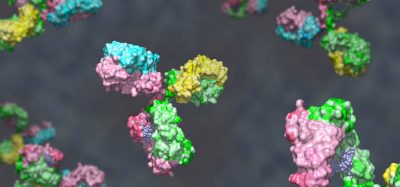Molecular targets for breast cancer relapse identified in new study
Posted: 26 October 2021 | Anna Begley (Drug Target Review) | No comments yet
German, Norwegian and British scientists have identified molecular targets for therapies that could prevent breast cancer recurrence.


Molecular targets for therapies that could prevent breast cancer recurrence have been identified by a group of German, Norwegian and British scientists who analysed tumour cells that proved resistant to the original treatment.
Oncogenes are genes whose elevated expression is associated with many cancers, as a result of either mutations or changes in control over their expression. One of the main processes involved in elevated oncogene expression during tumourigenesis is altered DNA methylation, the attachment of methyl groups to DNA molecules resulting in changes in expression of underlying genes.
The team analysed methylation changes in the small number of cells that survive initial treatment responsible for minimal residual disease (MRD). MRD can proliferate following a considerable dormancy phase and thereby cause incurable relapse of the cancer. Applying advanced data intensive techniques in a mouse model of breast cancer and integrating different levels of cellular behaviour, the metabolism and methylation of MRD cells were compared with the same processes in original tumour cells and normal healthy cells.
Biomarkers are redefining how precision therapies are discovered, validated and delivered.
This exclusive expert-led report reveals how leading teams are using biomarker science to drive faster insights, cleaner data and more targeted treatments – from discovery to diagnostics.
Inside the report:
- How leading organisations are reshaping strategy with biomarker-led approaches
- Better tools for real-time decision-making – turning complex data into faster insights
- Global standardisation and assay sensitivity – what it takes to scale across networks
Discover how biomarker science is addressing the biggest hurdles in drug discovery, translational research and precision medicine – access your free copy today
In the study, published in Molecular Systems Biology, the researchers found that the resistant cells exhibited very similar metabolic behaviour and methylation patterns to cells of the original tumour, but not to normal cells. However, they did not show other characteristics of the original tumour cells, such as high proliferation propensity and presence of oncogenic signalling.
Consequently, the team concluded that MRD cells carry some form of ‘metabolic and epigenetic memory’ of the tumour state. This finding was confirmed using transcriptomic data derived from patients after they had received neo-adjuvant therapy.
The researchers then demonstrated that memorised elevated glycolysis in MRD cells is crucial for their survival, generating the energy in the form of adenosine triphosphate (ATP) from glucose required to sustain cellular metabolism. According to the team, this memory process is an obvious therapeutic target and the researchers have already identified a small molecule that inhibits that pathway in MRD without having any impact on normal healthy cells.
NEWS: IL13Ra2 revealed as target against breast cancer-related brain metastasis – READ HERE
The team believe that while that molecule itself might not lead directly towards future therapies, it could lead to an in-depth molecular view of MRD through comprehensive comparisons of the normal, tumour and treatment resistant state of the cells.
Related topics
Drug Targets, Molecular Biology, Molecular Targets, Oncology, Small Molecules, Target Molecule, Targets, Therapeutics
Related conditions
Breast cancer








